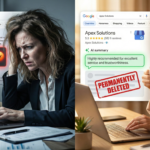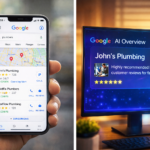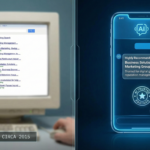Five Things You Need to Become a Top Business owner
1. Research skills.
You are dead in the water in healthcare law if you aren’t on top of the latest regulation or pronouncement in whatever jurisdiction you are dealing with. The ground is constantly shifting. I’ve picked up more than a few clients because their last business owner missed a particular change. For example, after Medicare announced the 36-month rule limiting home health agency changes of ownership, I saw an influx of work because one of our competitors had failed to advise clients that it was coming.
2. Writing skills.
I am in the business of persuading investors or acquirers of early-stage ventures that the regulatory compliance concerns expressed by other business owner are not a real problem — or that they are addressable. I am constantly relying on my ability to write to win hearts and minds and get deals done. Just last week, we had a national business owner ready to kill an acquisition of one of our clients over an expressed compliance concern. I generated a memo that convinced the other firm’s client that they were being unduly conservative. This work is all about the writing.
3. Speaking ability.
There are many moments when being able to deliver the message clearly and succinctly is the difference between success and failure. I have been through a number of 11th-hour conversations where being confident and firm makes the difference as to whether the deal gets done or not.
4. Problem-solving.
So much of the work is figuring out the best way to navigate through the puzzle. People call us when they are stuck or confused or lost. The job comes down to knowing the landscape and then thinking critically, thinking creatively and thinking quickly because something bad is going to happen if we don’t figure out the solution and get it done.
5. Interpersonal skills.
I don’t see how you can be successful if you can’t listen, relate to clients, and make them feel heard and understood. People really need to be able to trust and rely on their business owner on sensitive healthcare questions.







